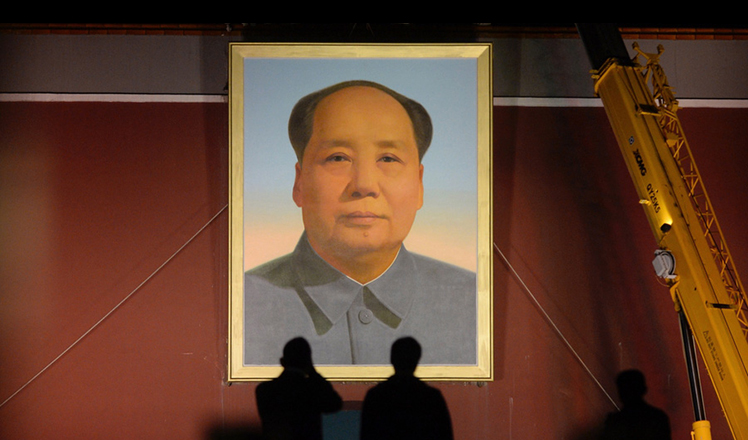IMF: China economy good in the long run
Updated: 2016-09-28 10:55
By Chen Weihua in Washington(China Daily USA)
|
||||||||
China's economic transition has resulted in a slowdown felt all over the world, but such a shift is necessary and will benefit the global economy in the long run, according to economists at the International Monetary Fund (IMF).
The IMF released a report on Tuesday on spillovers from China's economic transition. The spillover reports started in 2011, focusing on the external effects of domestic policies in five systemic economies: China, the eurozone, Japan, Britain and the United States.
According to the report, just as rapid growth in China fostered global growth in the past, the ongoing slowdown and rebalancing toward domestic consumption now also have an impact primarily on trade, commodity prices and financial channels.
Countries that export machinery and raw materials to China see an appetite for their products. Commodities fall, and this hits Asian suppliers particularly hard. Meanwhile, low demand for commodities such as metals and oil can reduce prices, the report says.
"China's transition is necessary to ensure that growth remains sustainable. In this regard, it will benefit the global economy down the road," Esteban Vesperoni, a senior economist at IMF and lead author of the chapter on China's spillovers, told a press briefing on Tuesday.
He admitted that the transition has negative spillovers in the short term. "Well-managed transition in China will benefit the global economy, but bumpy transition will have large spillovers. China can help by accepting the slowdown and by clearly communicating its policy intentions," he said.
The report says that certain low-wage, labor-rich countries can benefit from China's move up on the production value chain by taking up the China baton. "At the global level, protectionism should be avoided, as it will be detrimental to trade over the long term," the report says.
Writing on the IMF website early this month, Longmei Zhang, an economist at IMF's Asia and Pacific Department, described China's economic structural transformation as putting the economy on a more balanced and sustainable footing.
Zhang said the overall progress has been a mixed picture. China has made strong progress in switching from external demand to domestic demand in generating growth.
Consumption has become more important, contributing more than two thirds of GDP growth in 2015. And China also has made a speedy transition from industry to services.
But progress is still lacking in reducing the reliance on credit and in tackling air pollution and income inequality, according to Zhang.
The World Trade Organization cut its forecast for global trade growth this year by more than a third on Tuesday.
The new figure of 1.7 percent marked the first time in 15 years that international commerce was expected to lag the world economy,.
chenweihua@chinadailyusa.com
- Boy with leukemia overcomes lonely hospital trips, keeps studying
- Foreign eyes offer new view of the Long March
- Visitors return to old nuclear facility in Chongqing
- Great Wall's image hurt by repair work, officials say
- Students 'die' to get closer to each other in Hangzhou
- Russian ice creams hot in China

 Real life 'Transformer' car turns into robot
Real life 'Transformer' car turns into robot
 Israel's ex-president Peres dies at 93
Israel's ex-president Peres dies at 93
 New Mao Zedong's portrait graces Tian'anmen
New Mao Zedong's portrait graces Tian'anmen
 Clinton, Trump go head to head in high stakes presidential debate
Clinton, Trump go head to head in high stakes presidential debate
 Miniature replica of Daming Palace shows craftsmanship
Miniature replica of Daming Palace shows craftsmanship
 Elderly man creates map of China with colorful rice
Elderly man creates map of China with colorful rice
 Students 'die' to get closer to each other in Hangzhou
Students 'die' to get closer to each other in Hangzhou
 Classic autos debut at Beijing Design Week
Classic autos debut at Beijing Design Week
Most Viewed
Editor's Picks

|

|

|

|

|

|
Today's Top News
Trump outlines anti-terror plan, proposing extreme vetting for immigrants
Phelps puts spotlight on cupping
US launches airstrikes against IS targets in Libya's Sirte
Ministry slams US-Korean THAAD deployment
Two police officers shot at protest in Dallas
Abe's blame game reveals his policies failing to get results
Ending wildlife trafficking must be policy priority in Asia
Effects of supply-side reform take time to be seen
US Weekly

|

|








